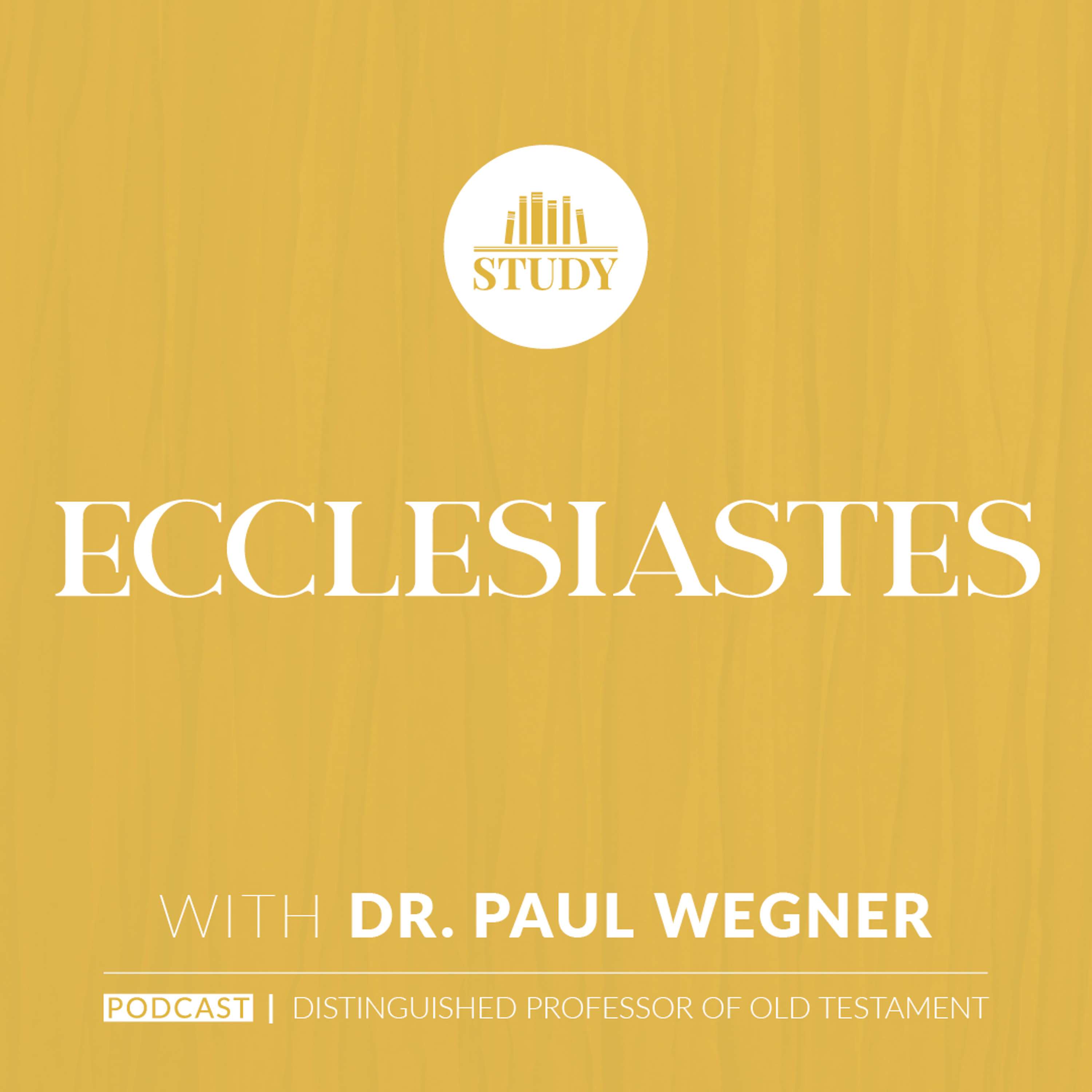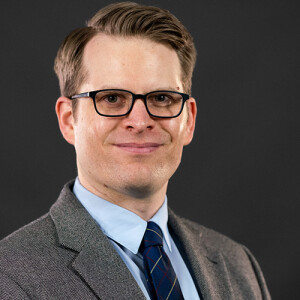A recent Gallup survey had some very bad news for pastors, and by extension, for the church in America. In the survey, only 34 percent rated the honesty and integrity of pastors as very high. Among respondents under age 30, the rate was a much lower 20 percent. These numbers are the lowest since Gallup has been surveying pastoral integrity as part of a larger study of the trust Americans have in various occupations.
Perhaps more startling, given so many recent negative news stories, more people have a positive view of police integrity—50 percent rated them highly—than pastors. But at least we beat out used car salesman who came in at a lowly 6 percent.
Pastors must face this hard reality—we have done this to ourselves. Our culture did not spontaneously decide to stop trusting pastors. They lost confidence in us because of clergy sexual abuse, crooked financial dealings, disingenuous political involvement, and other self-inflicted diminishments of our stature.
Beyond these obvious mistakes, we have also hurt ourselves by extending the pastoral title to lesser leadership roles in churches and by redefining the pastoral lifestyle in a misguided attempt to lessen the distinctions between pastors and other believers. From how we act to how we present ourselves, some pastors seem determined to make being a pastor less and less of a unique role, responsibility, and office.
Pastors are supposed to be different. We are supposed to model personal holiness, including circumspect behavior which avoids questionable activities. We are supposed to be examples of Christian virtue—not perfect, but consistently striving to live in ways others can emulate. We are supposed to be ministry professionals—in the best sense of the word—bringing the same gravitas to our role as attorneys, doctors, and other professionals in our community bring to theirs.
Many pastors are, of course, doing these things. And, in those churches and communities, my sense is any survey about their integrity would result in much higher marks. They overcome the stigma of bad-behaving pastors by their personal example. People are insightful enough to know a real pastor when they have one or meet one.
Part of correcting this problem is having the courage to be different—to act like a pastor, to own the role and its distinctives, to demonstrate professionalism in your calling, to reserve the title pastor for men who really are pastors, and to call out bad behavior by other pastors when needed. Pastors can regain or sustain the trust of their followers and their stature as community leaders by taking these important steps.
Read More

“Faith is a tree known by its fruits”: The Gisle Johnson Project
The Gisle Johnson Project is a new research endeavor spearheaded by Robb Torseth

Excerpt — Towards a Clearer Understanding of Jonathan Edwards’s Biblical Typology: A Case Study in the ‘Blank Bible’
Dr. Cameron Schweitzer provides new insights into Jonathan Edwards’s often mischaracterized typology.
Listen
Wisdom Books | Ecclesiastes
A common misconception about the book of Ecclesiastes is that it is very pessimistic. In actual fact, there is great comfort throughout the book that while life without God is meaningless, there is great satisfaction found when we cling to the Lord, and only to Him.

Ministering in Finland
Mikko Sivonen, Academic Dean of the Agricola Theological Seminary in Finland, joins Dr. Hopkins to discuss working as a missionary in a place where people are predominantly a different denomination than you. You can learn more about Mikko’s work here www.agricolasemin

Watch

Jonathan Edwards and the Asbury Revival
Chris Chun and Chris Woznicki discuss the signs of true revival, signs of the work of the Holy Spirit, and why it is important to critically assess the characteristics of revival in a spirit of charity.

Jonathan Edwards and the Baptists | Douglas Sweeney, Nathan Finn and Chris Chun
Dr. Douglas Sweeney and Dr. Nathan Finn joined Dr. Chris Chun for a panel discussion on Jonathan Edwards, recorded live at the SBC Annual Meeting in Anaheim.




